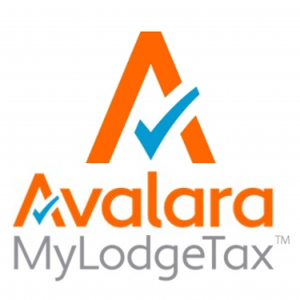Petaluma hires Host Compliance to crack down on short-term rentals
- Jan 17, 2018 | MyLodgeTax

Petaluma, California, is one of the latest cities to hire outside experts to track down short-term vacation rental operators in hopes of getting them to comply with the law.
Petaluma has had a short-term rental ordinance in place for two years, but operators have largely ignored it. Currently, Petaluma has one code enforcement officer to handle all short-term rental issues, so the law has no teeth.
Now the city is hiring Host Compliance to help. The company will compile weekly lists of all Petaluma rental addresses listed on more than 25 websites. Host Compliance will also send two notices outlining compliance requirements to each operator. Its services will cost the city $6,885 for the year.
Petaluma’s short-term rental ordinance requires operators to get a short-term rental permit and business license from the city, and to collect lodging taxes from their guests. However, while there are 220 active Airbnb listings in Petaluma, the city only has 23 active short-term rental permits on file. As of December 2016, the city estimated that only 20 percent of operators were complying with the law.
Short-term vacation rental operators are required to collect 10 percent of the cost of accommodations from their guests and pass those lodging taxes on to the city. Over the past two years since the short-term rental law went into effect, the city has collected $67,340 in lodging taxes, according to Principal Financial Analyst Corey Garberolio. If even 100 licensed hosts rented out their properties for an average of 90 days at $150 per night, the city would receive around $162,000 a year in lodging taxes.
Communities across the country are increasingly turning to companies such as Host Compliance to help them get a handle on short-term vacation rentals. The company operates in about 85 cities, including Oakland, Los Angeles, and Denver.
One of the most recent to enlist the assistance of Host Compliance was the City of South Lake Tahoe, which passed a restrictive new short-term rental law and contracted the company as part of its efforts. Host Compliance helps South Lake Tahoe identify and monitor vacation rental operators, and helps the city with tax collection and operating a 24-hour hotline for complaints about rentals. South Lake Tahoe is paying the company $118,400 a year, which is expected to be offset by increased tax collection and fines.
In addition to engaging Host Compliance, Petaluma’s city attorney has issued a legislative subpoena to vacation-rental sites Airbnb and VRBO for identifying information on hosts and renters, as well as rental dates and rates charged since Oct. 1, 2015. The companies have not yet supplied the data.
Petaluma is also considering a deal with Airbnb for the site to automatically collect lodging tax on behalf of its Petaluma hosts. This is a strategy several California communities have used, including Sonoma County, which struck a deal with Airbnb last year. However, hosts would remain responsible for collecting and remitting any taxes that Airbnb is not handling on their behalf.
For Petaluma short-term rental hosts, the latest developments are yet another sign that the days of illegally (perhaps unwittingly) flying under the radar are nearing an end. To avoid potential trouble — such as penalties and interest on top of any back taxes owed — hosts need to be aware of the rules and regulations, and take the necessary steps to get into compliance. Available automated lodging tax solutions can dramatically simplify this process for short-term rental operators.










